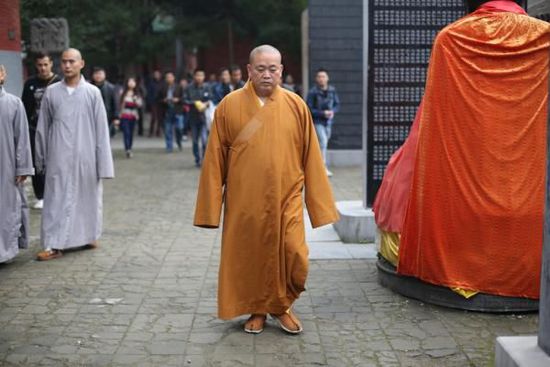You are listening to NEWS Plus Special English. I'm Liu Yan in Beijing.
A surprisingly large number of Chinese employees refuse to take paid leave, a legal right for workers stipulated by Chinese law.
According to a nationwide survey conducted by the Ministry of Human Resources and Social Security, around 50 percent of Chinese employees choose not to take paid leave.
In a bid to find out why, the People's Daily, the flagship newspaper of the Communist Part of China, recently interviewed several employees in different employment settings.
The newspaper found interviewees who work for government organs, institutions and state-owned enterprises, reluctantly give up their rights due to concerns that asking for paid leave might "leave bosses the bad impression of being lazy" and affect future job promotions.
In other industries, in sales for example, employees forego paid leave to avoid being paid less, as only basic salary is given during that time.
Complicated application procedures were another reason cited.

This is NEWS Plus Special English.
Shaolin Temple in Henan province has condemned an online attack against its abbot as slander and has turned to the police for help.
Targeted by salacious accusations in the past that the police confirmed to be false, the abbot, 50-year-old Shi Yongxin, has now been accused of paying for sex with several women, including Buddhist nuns and some of his female followers.
The accuser, using the name Shi Zhengyi and claiming to be a disciple of the temple, posted an article that created an uproar on the Internet.
But a staff member at the temple's website, who asked not to be named, said there is no disciple by that name.
Such accusations have come up before, and the allegations have seriously affected the abbot's reputation. So this time the temple chose to report it to the police.
The abbot was quoted by Southern Metropolis Daily as saying that he would not be defending himself against the allegations.












